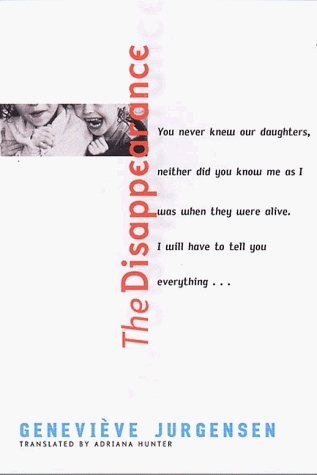
Lives Other than My Own: A Memoir
Book Description
A life hangs on the precipice of love and loss, where the fragility of human connection takes center stage. Emmanuel Carrère dives deep into the profound intersections of life, weaving together the stories of those facing insurmountable challenges. From the humbling reality of terminal illness to the indomitable spirit of compassion, each narrative unravels the electrifying bond of empathy in the face of tragedy. As destinies intertwine and choices bear unimaginable weight, what does it truly mean to live for others? When lives are measured in moments, can we find meaning in the extraordinary tapestry of shared existence?
Quick Book Summary
"Lives Other than My Own: A Memoir" by Emmanuel Carrère is a poignant exploration of love, suffering, and empathy in the face of life's cruel uncertainties. Blending personal memoir with the moving histories of others, Carrère recounts the profound impact of two significant losses: the tsunami that struck Sri Lanka, claiming the life of a child he knew, and the untimely death from cancer of his sister-in-law, Juliette. Through vivid storytelling, he examines how individuals cope with grief and the struggle to offer compassion and support amid overwhelming tragedy. Ultimately, Carrère's memoir probes the meaning found when people choose to carry one another through pain, suggesting that our capacity for connection offers solace, purpose, and redemption.
Summary of Key Ideas
Table of Contents
Confronting Mortality and Loss
The memoir opens with Carrère and his partner witnessing the devastation of the 2004 Indian Ocean tsunami while vacationing in Sri Lanka. Amid scenes of chaos and desperation, they befriend a French couple who lose their young daughter to the waves. Through this encounter, Carrère introduces the inescapable nature of mortality and the suddenness with which tragedy can strike, forever altering lives. The event becomes a crucible in which the limits of empathy and the depths of human connection are tested, setting the ground for the reflections that follow.
The Ripple Effects of Empathy
Transitioning back to France, Carrère turns his focus closer to home with the illness of his sister-in-law, Juliette, a respected judge and mother of three who is diagnosed with terminal cancer. As family members rally around Juliette during her decline, Carrère details the complex, often understated forms of suffering and support that define their relationships. Small gestures—companionship, practical help, and quiet understanding—become acts of great compassion in the face of relentless adversity.
The Fragility and Resilience of Human Bonds
Carrère is careful to explore not only direct grief, but also its far-reaching consequences. The narrative follows Juliette’s colleague, Etienne, who lost a leg to cancer and works in consumer protection. The personal hardships of these individuals intertwine with their professional dedication, demonstrating how suffering can lead to greater empathy and a drive to help others. Through their interactions, Carrère examines how pain, when shared, can break down isolation and build community.
Finding Meaning in Service to Others
Throughout the memoir, Carrère grapples with existential questions: What does it mean to live for others? How do we balance our own needs with those of the suffering? His writing acknowledges the raw reality of loss while searching for purpose in caring for others. He finds that meaning is not located in grand gestures, but in the daily, sometimes mundane efforts to alleviate another’s distress or to simply be present for them.
The Transformative Power of Shared Suffering
Ultimately, "Lives Other than My Own" becomes a meditation on the human condition. Carrère’s intertwining narratives showcase the paradoxical resilience and fragility of those around him. In observing, sharing, and recording these stories of illness, death, and compassion, he suggests that our willingness to bear witness to each other’s pain—and to respond with kindness—defines what it truly means to be alive.
Download This Summary
Get a free PDF of this summary instantly — no email required.





